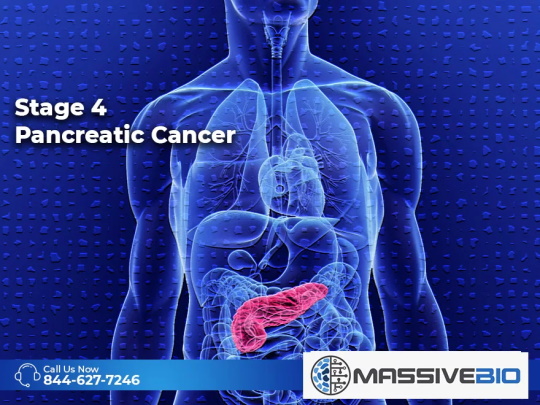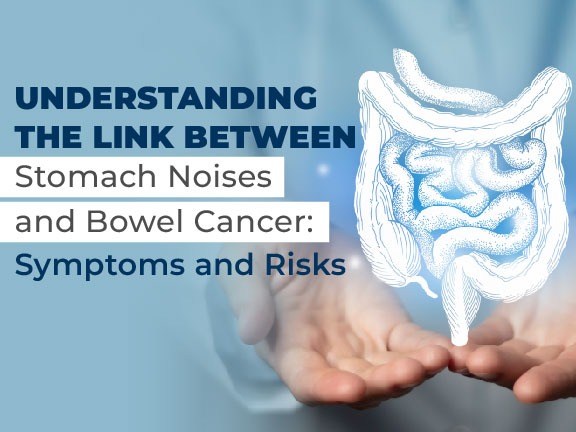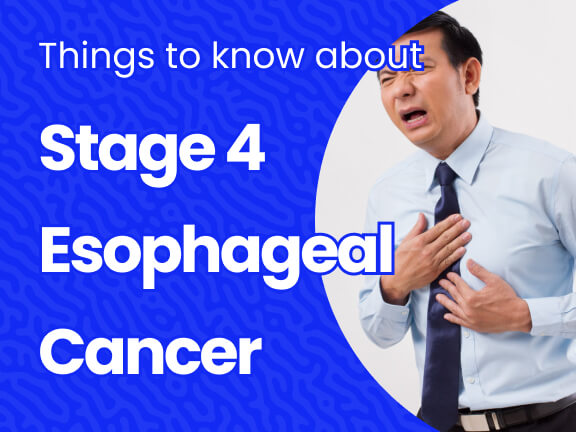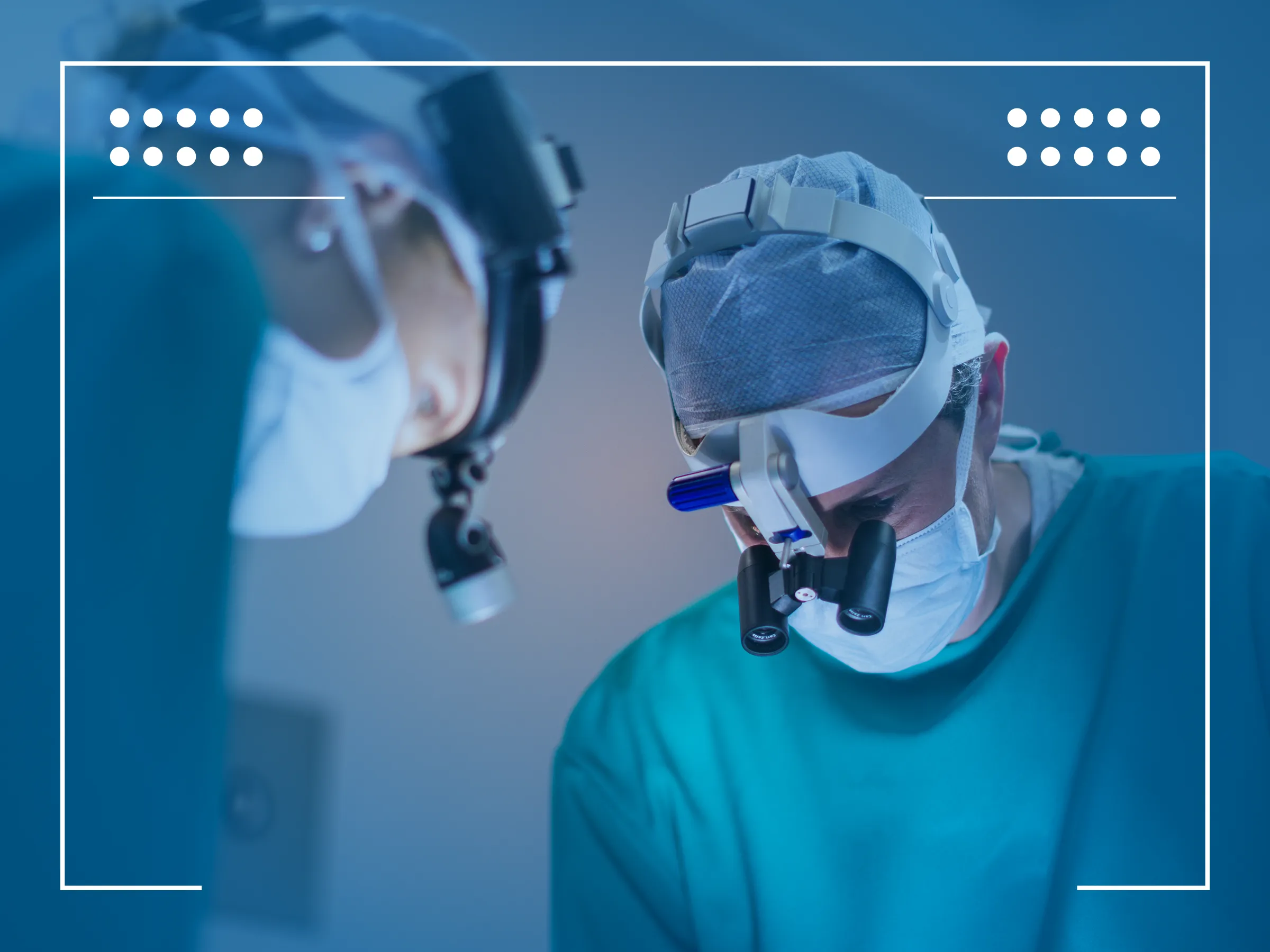Anyone involved in conducting clinical trials knows that one of the biggest obstacles they face is the struggle to recruit patients. This problem, and some potential solutions, were addressed by Massive Bio CEO Selin Kurnaz, Ph.D., and Chief Medical Officer Arturo Loaiza-Bonilla, MD, in an article titled “Cancer Clinical Trials: The Where’s Waldo? Puzzle No One Wants,” which appeared in the January/February issue of Medicine Maker.
In the article, Kurnaz and Loaiza-Bonilla, who are co-founders (with Cagatay Culcuoglu) of Massive Bio, spell out the challenges facing organizers of cancer clinical trials. Two-thirds of oncology trials close before they reach their goals due to inadequate enrollment. A surprising analysis from the National Cancer Database (NCDB) reveals that less than 0.1 percent of cancer patients participate in clinical trials, which have the potential to offer patients better quality of life and longer survival.
There are multiple reasons for low enrollment in clinical trials, explain Kurnaz and Loaiza-Bonilla. Many patients do not know what clinical trials are or how to find them. If they manage to find or hear about a clinical trial, most patients lack the medical background or education to determine if they are eligible. Even some oncologists are not aware of trials that might benefit their patients unless they’re being conducted in their own medical facilities. Flawed databases and disparate medical records add to the challenge of finding patients who could be candidates for clinical trials.
Technology can help overcome the problem of low recruitment in cancer clinical trials, argue Kurnaz and Loaiza-Bonilla, and there’s data to prove it. For instance, in 2020 the National Cancer Institute used an oncology-based clinical trial recruitment tool developed by Massive Bio known as the Deep Learning Clinical Trial Matching System (DLCTMS) to optimize patient matching for three trials within its National Clinical Trials Network. Kurnaz and Loaiza-Bonilla quote a leading oncologist who took part in this test case. “This AI-powered Deep Learning Clinical Trial Matching System platform is a promising solution to advance cancer clinical trial patient identification and matching,” said Richard D. Carvajal, associate professor of medicine at the Columbia University Vagelos College of Physicians and Surgeons and director of experimental therapeutics at Columbia University Irving Medical Center.
This ongoing study, note Kurnaz and Loaiza-Bonilla, indicates that the DLCTMS platform’s built-in artificial intelligence technology streamlined the clinical trial matching process, while improving patient participation and outcomes. ”Nurses previously spent an average of 45 minutes per patient combing through criteria to select a potential trial,” they write. In addition, this study showed that the process of moving a patient from initial identification to consent and enrollment was sped up from as long as two days per patient to minutes. Within six months, write Kurnaz and Loaiza-Bonilla, “the DLCTMS helped NCI match patients to more than 111 studies with a 90 percent success rate. Since then, this technology has helped match patients to an additional 213 studies in mere fractions of traditional matching times.”
Building on DLCTMS, Massive Bio has created a proprietary clinical trial matching platform called SYNERGY-AI, and in 2022 the company onboarded its 100,000th patient. You can read “Cancer Clinical Trials: The Where’s Waldo? Puzzle No One Wants” here.












